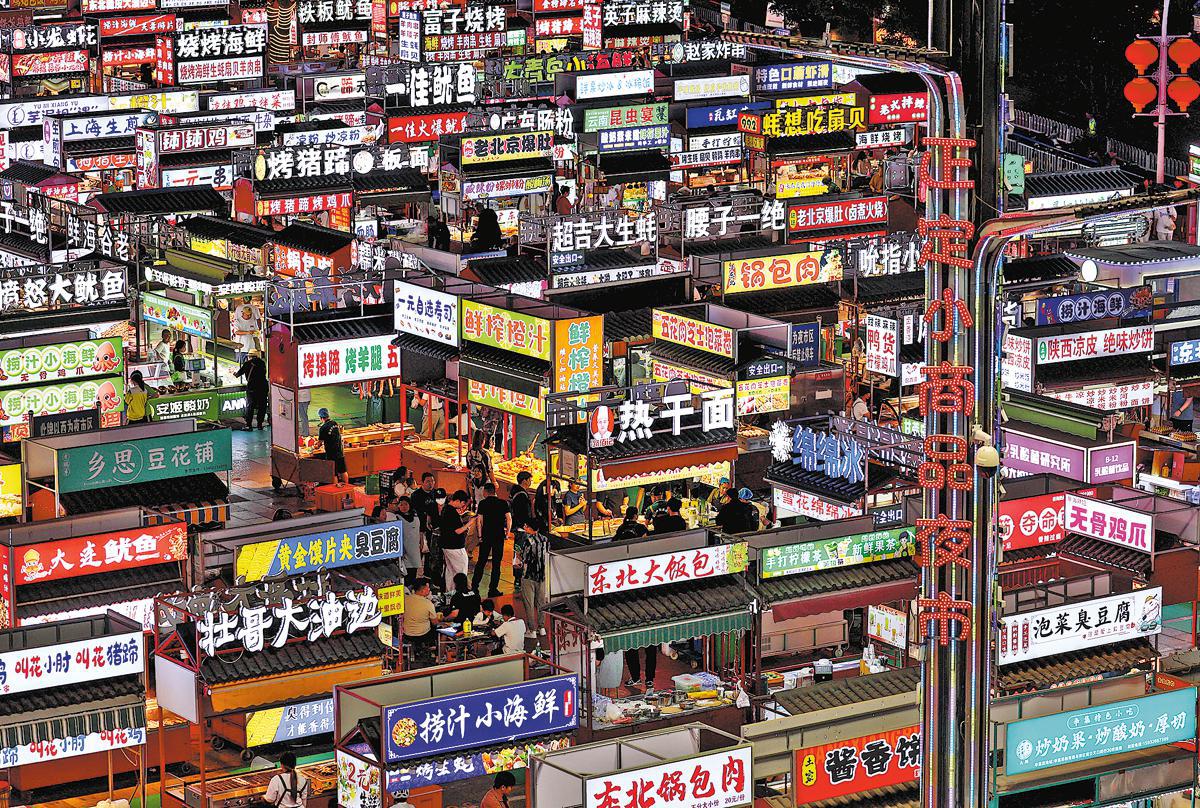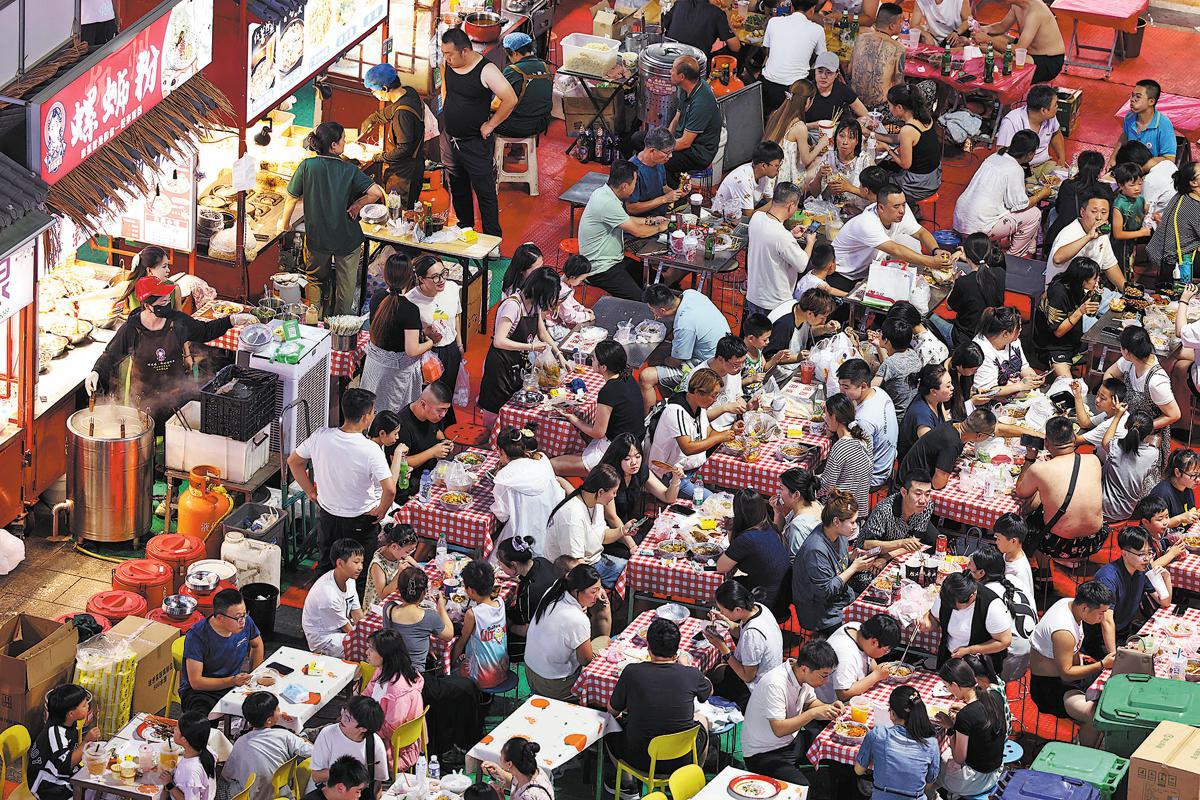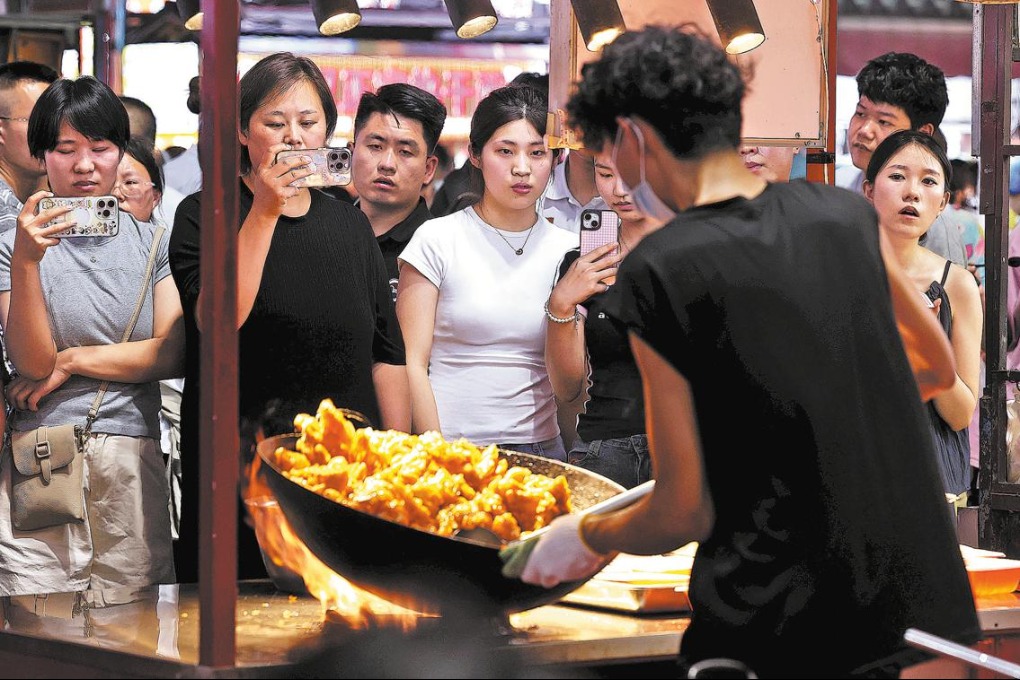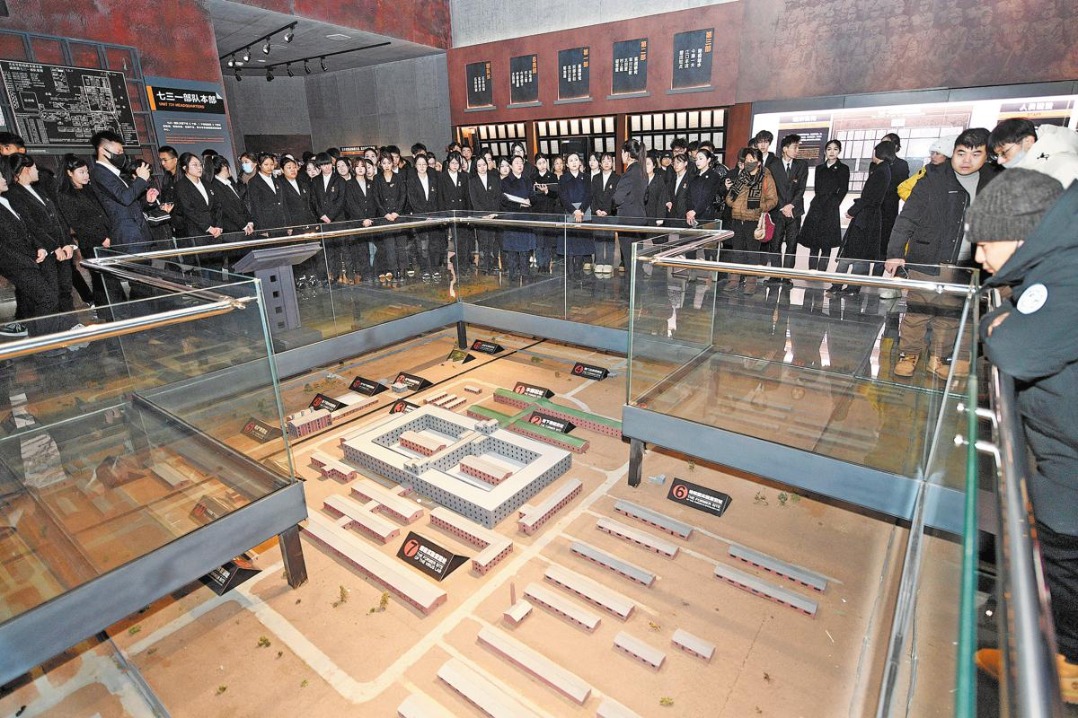With 'smoke, fire and steam', night markets erupt into life
Vibrant lantern-lit venues rekindle interest in centuries-old traditions






As dusk falls over the ancient county of Zhengding in Hebei province, a remarkable transformation begins — a vast parking lot near the train station empties, making way for hundreds of brightly lit food carts.
Within hours, the Zhengding Small Commodities Night Market erupts into life — a symphony of sizzling pans, shouting vendors, and the chatter of thousands of eager visitors.
This nightly scene pulses with yanhuoqi — literally "smoke, fire and steam" — providing a lively, lantern-lit atmosphere fundamental to Chinese night markets.
Remarkably, Zhengding's connection to this vibrant nightlife stretches back more than 10 centuries.
During the Northern Song Dynasty (960-1127), as China gradually abolished curfews, Zhengding (then Zhending) emerged as a regional administrative center and one of the pioneers of nighttime commerce.
"Zhengding is a place with a night economy that emerged from over 1,000 years ago," said Liang Yong, a researcher at the Hebei Provincial Institute of Culture and History.
According to Liang, the county's strategic importance and strong commercial base fostered early forms of night markets.
Later, during the Mongol Empire and the Yuan Dynasty (1271-1368), it became the birthplace of zaju, Chinese variety dramas, further boosting nighttime gatherings.

Historical records, like those by the 14th-century scholar Naxin, describing lantern-lit crowds near Yanghe Tower, filled with theaters and wealthy traders, paint a picture of enduring nocturnal energy.
Naxin, also known by his ethnic name Geluolu Naixian, wrote Heshuo Fanggu Ji — a record of his visits to ancient sites around the Yellow River basin and various northern regions. Compiled during his 14th-century travels, it documented the vibrant fusion of entertainment, dining, and international commerce around the tower.
In 2012, Li Zhangchao, one of the founders of the greater Zhengding Small Commodities Market, put forward an initiative encouraging mall tenants inside the market complex to set up evening stalls in a vast adjacent street and parking lot.
"Back then, Zhengding was dark by 9 pm," said Li, now 72, who recalled that back then he couldn't find anything to eat or buy at night.
However, his initiative soon got off the ground.
"The location was strategic — an urban-rural fringe bordering villages like Sanjiao and Yong'an," said Liu Guangdi, chairman of the Zhengding Small Commodities City Group, which manages the market and the nearby wholesale-retail complex.
As rural residents returned home from city jobs in the evenings, dense pedestrian flows created strong demand for snacks and small goods, she added.
According to Liu, the market grew naturally. Streetlights were installed, hours were extended, and fees were initially waived to attract vendors. During urban upgrades of the county, authorities also channeled street vendors into the designated market zone.



















